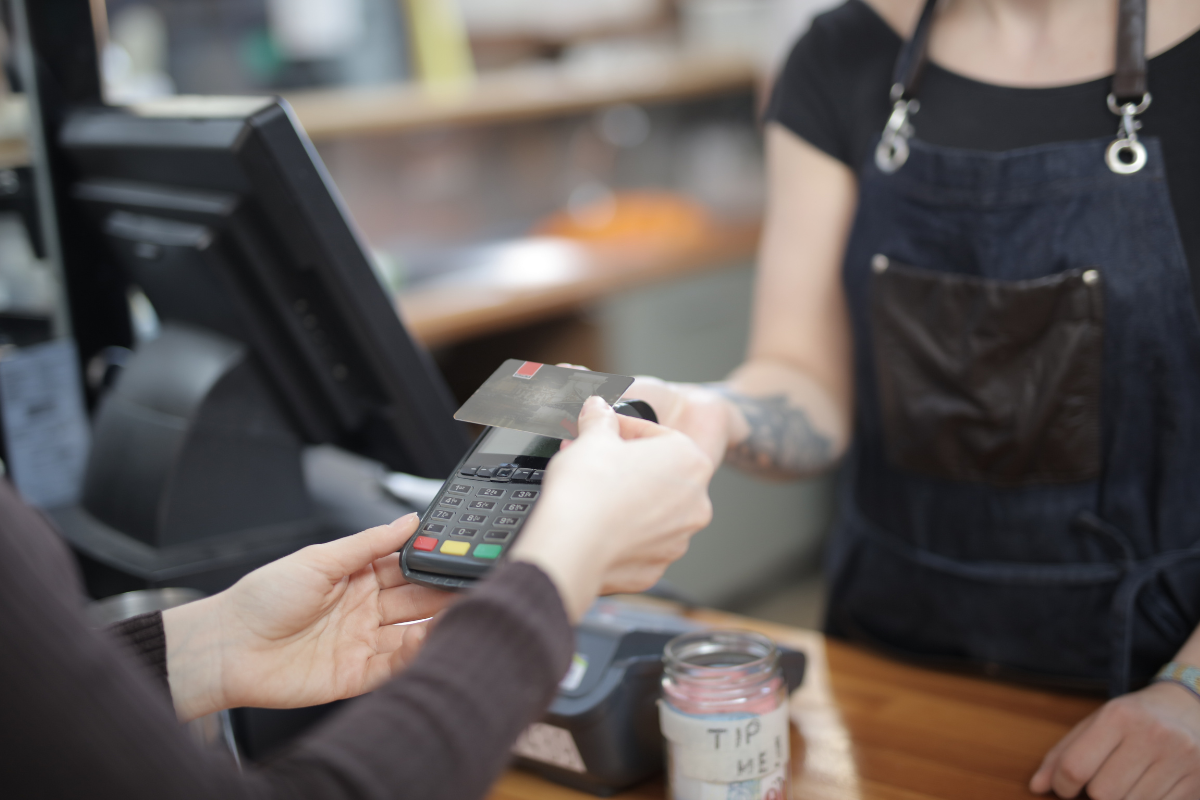Some criminals use lost or stolen credit cards to make unauthorized transactions. However, a physical credit card is not necessary for fraud to be committed. Criminals can commit fraud online by obtaining essential details like an account number and the holder’s name. They can do it by mail or phone without the credit card ever leaving the account holder’s possession.
Restaurant Owners Must Ensure the Security of Credit Accounts
Some of the reasons why restaurant owners must ensure the security of their credit accounts are:
Stolen Funds Cause Cash Flow Issues
Funds stolen by unauthorized transactions cause serious cash flow issues. It is challenging to meet financial commitments such as inventory purchases. It could cripple your business’s ability to make necessary payments, such as payroll, rent, insurance premiums, and advertising fees
Damaged Business Reputation
Late payments damage the relationships between a business and its suppliers. An inability to complete orders or deliver services due to limited funds can also negatively affect a company’s reputation.
Steps to Take To Protect Your Restaurant From Credit Card Fraud
You must make sure you’re taking the appropriate steps to protect your restaurant from credit card fraud to preserve your bottom line, including:
Have an EMV Chip Card Reader
EMV card readers read the chips embedded in the credit cards. You can insert the card into the card reader (called “dipping”) or tap it on top of the reader (referred to as “tapping”). We used to swipe the magnetic stripes on the cards, but we don’t do that for debit cards anymore, although we often do it for credit cards. The EMV chip card reader protects merchants that accept physical credit cards at a physical location.
Utilize Built-in Features Like the CVC Code
One study by Javelin Strategy found that Card-Not-Present fraud is 81% more likely to occur than Point of Sale fraud. They estimate merchants could lose as much as $130 billion from CNP fraud by 2023.
Any restaurants that process orders and sell online through third-party services such as Uber Eats or Door Dash process Card-Not-Present transactions. It is the most popular transaction type and the most vulnerable to credit card fraud. A CNP transaction occurs when a business accepts a credit card when the card is not physically present. Acceptance could be through an online shopping portal or website, or it could be over the phone. These methods of accepting payment render most built-in security features of credit cards ineffective.
The CVC or “card verification code” (also called CVV) is a number unique to each card account. The CVV is that three-digit number on the back near the signature panel. For some cards it is a four-digit number on the front of the card. This code only appears physically on the card, it is not transmitted when a card is swiped. Suppose the card was stolen in a data breach, and someone is attempting to use it fraudulently. In that case, they probably can’t give you the correct CVC code. If the CVC code comes back incorrect, don’t accept the transaction. Talking to your merchant bank or processor about utilizing CVC codes in your CNP transactions would be best.
You can protect customer details with virtual merchant account services If you take online orders through your website. VMA services use end-to-end processing with tokenization and encryption. VMA services don’t store customer details with your business.
Protect Your Business’s Point-Of-Sale (POS) System
Businesses are likely to run across card skimming when it comes to point-of-sale (POS) fraud. It could be physical, such as when a local criminal inserts a chip into the POS device. It could also be digital, where the system is infected with malware that steals the card number. There is also the threat of card skimmers and shimmers, devices that can capture card data from EMV chip cards.
- Lock up POS devices when the business is closed.
- Inspect Point-of-Sale devices at least a couple of times a week and look for housing that is loose, exposed wire, bulky fitting, or anything that seems out of place on the device.
- Stay updated on any software updates to your POS system.
Start Accepting Mobile Payments
As consumers increasingly use smartphones to shop, small businesses can reap security benefits by upgrading their equipment to accept mobile payments. Choose to accept payments from mobile wallets like Samsung Pay, Apple Pay, and Google Pay. There is no credit card to insert into the payment terminal, reducing your risk of fraud.
Finical offers so many benefits that appeal to restaurant owners:
- Ability to accept many forms of payments, including credit and debit cards, contactless payments such as Apple Pay or Google Pay
- Secure, PCI-DSS compliant online payment processing.
- Free terminal equipment with each account.
- Low transaction costs and receipt of funds within 48 hours.
- No Long-term contracts or termination fees.
Finical partners with its merchant clients to deliver quality, secure payment processing services. Shouldn’t you be working with Finical?


